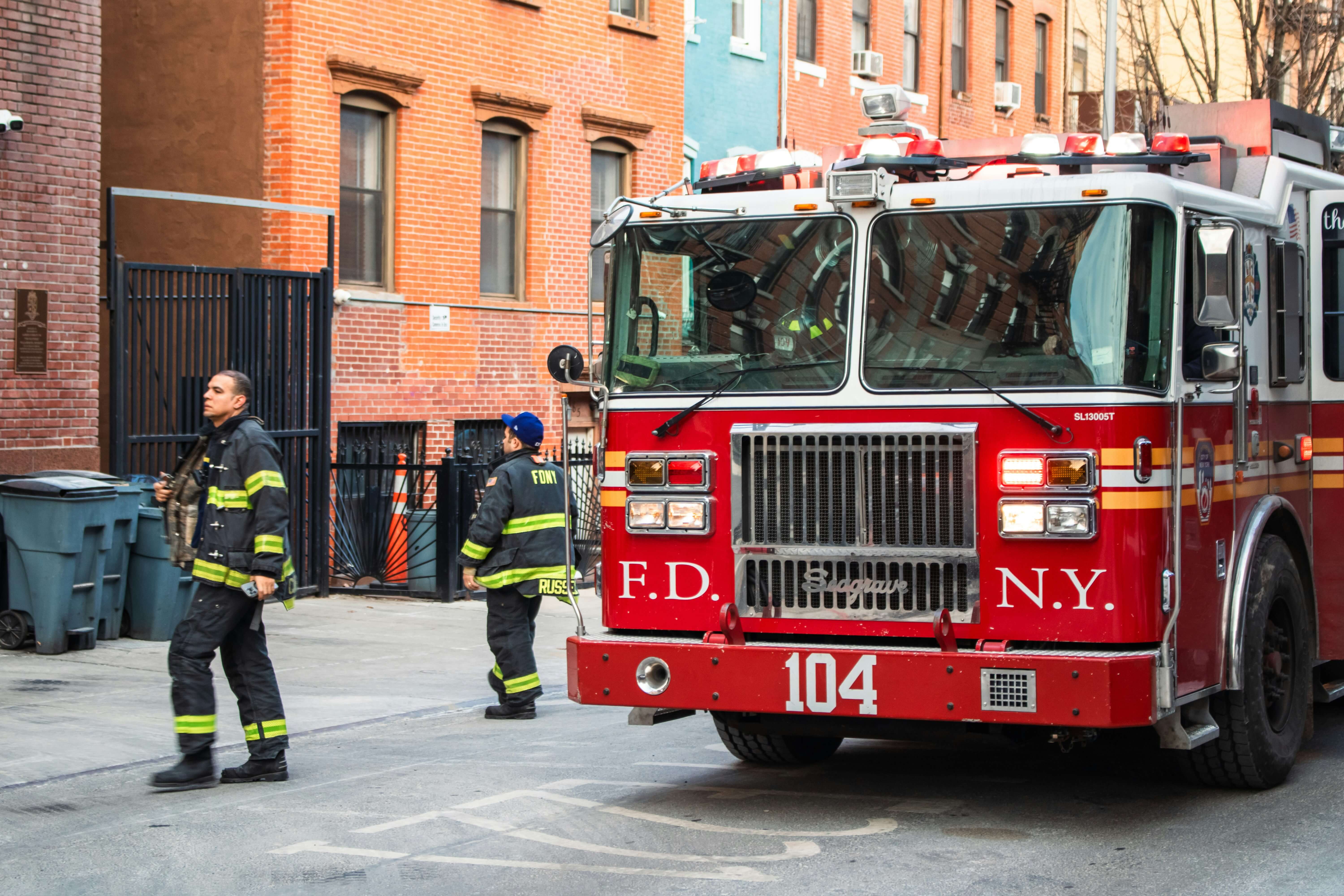Fire safety is essential for everyone, but for people living with disabilities, it can present unique challenges. Mobility issues, sensory impairments, or cognitive conditions may make it harder to detect a fire, react quickly, or evacuate safely.
Fortunately, with the proper planning and equipment, it’s possible to stay safe and maintain independence. In this blog, we’ll explore practical steps and valuable resources to help you prepare, stay calm, and act effectively during a fire, all while utilising accessible aids and products designed to support safety at home.
 Planning Ahead
Planning Ahead
The best way to stay safe during a fire is to prepare in advance. The London Fire Brigade and Fire England recommend creating a Personal Emergency Evacuation Plan (PEEP). This is a customised plan that considers your mobility, communication needs, and home layout.
Here's what you can include…
- Identify escape routes: Keep them clear of obstacles and ensure they are suitable for mobility aids or wheelchairs.
- Install smoke alarms: For those with hearing impairments, use alarms with strobe lights or vibrating pads that can wake you during the night (as recommended by Tyne & Wear Fire and Rescue).
- Practice your plan regularly: Rehearsing your escape builds confidence and ensures everyone in the household knows what to do.
- Inform your local fire service: Many UK fire services offer free home safety visits and can provide tailored recommendations based on your needs.
- The GOV.UK fire safety guidance also emphasises the importance of keeping a phone nearby your bed and ensuring your address and contact details are easily accessible in an emergency.
Staying Safe
If a fire does occur, the most important thing is to stay calm and act quickly.
Get out, stay out, call 999 (if you can safely do so)
If you can't evacuate, move to a safe room (preferably near a window) and block smoke by placing towels or a blanket down around the door.
Call for help immediately and let the operator know you have a disability so the emergency responder can plan their approach.
For individuals with mobility impairments, keep mobility aids such as wheelchairs, walking frames, or transfer boards readily available at all times.
For those with visual impairments, practice navigating escape routes by touch, as advised by GOV.UK’s fire safety for people with sight difficulties.
Remember – Never try to tackle fire yourself. Getting yourself to safety is always the priority.
Community and Support
You don’t have to manage fire safety on your own. Most fire and rescue services across the UK offer free home fire Safety visits for people with disabilities, where they can access your home and install specialist alarms or devices. Organisations such as the London Fire Brigade, Tyne & Wear Fire & Rescue, and Fire England all encourage residents to register with their local fire service if they have additional needs, ensuring emergency responders know how to assist you in a fire.
Additionally, local councils and disability charities often have resources and checklists to help you prepare. Having a trusted neighbour, carer, or friend who knows your escape plan can also be invaluable.
To Conclude...
Fire safety doesn't have to compromise independence. By taking proactive steps (planning ahead, adapting your home and using assistive products), you can create a safer, more accessible living environment.
With preparation, support and awareness, everyone can feel secure and confident in their ability to stay safe during a fire.
Links:
The London Fire Brigade offers a free home fire safety visit. Visits can be arranged at any time (24/7), and specialist alarms can also be fitted – for example, strobe light and vibrating pad alarms for individuals who are deaf or hard of hearing.
https://www.london-fire.gov.uk/safety/the-home/home-fire-safety-visits/
Or you can use the Home Fire Safety Checker, provided by the London Fire Brigade. It only takes a few minutes and will provide you with tailored advice on the safety of your home.
https://www.london-fire.gov.uk/safety/the-home/home-fire-safety/home-fire-safety-checker-hfsc/
Information about fire safety for Carers https://fireengland.uk/fire-safety/fire-safety-carers